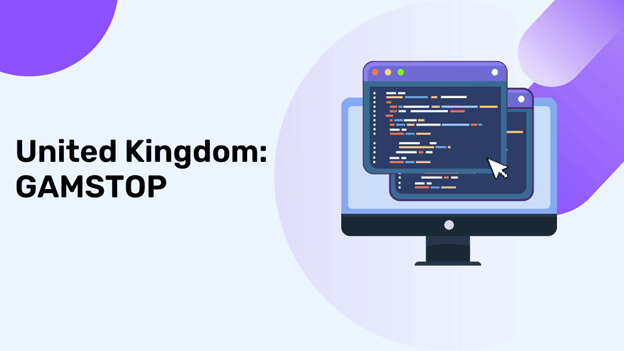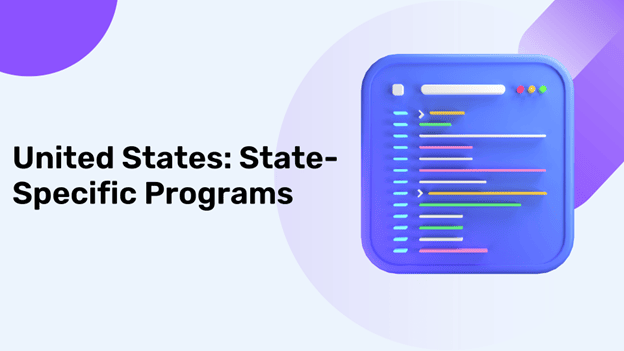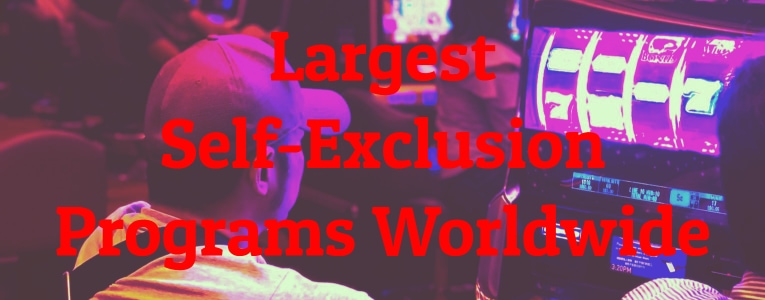Today, 1.5 million people worldwide have participated in self-exclusion programs, proving their popularity and functionality. These actions allow people to self-clean by banning bettors from casinos or online gaming platforms where they impulsively gamble. Also, countries like the UK are witnessing an increase of 25% in yearly self-exclusion registrations, which is a sign that these programs are doing their role in promoting responsible gambling.

What is Self-Exclusion?
Self-exclusion is a voluntary decision-making process where the involved persons choose to be removed from casinos and online sites to prevent gambling addiction. This process is meant for people who have started facing problems with their gambling behaviours, and self-exclusion platforms give them the tools to deal with their addictions in a tailored way.
Those who sign up for a self-exclusion program can determine the time frame in which they can restrict their access to gambling sites. This period typically lasts from several months to years, depending on either personal choice or the specific limitations of the program.
Implementing Self-Exclusion
One good thing about implementing self-exclusion is that it involves an easy process. People who want to beat gambling should contact the gambling control authority or the online systems that deal with self-exclusion across various gambling platforms. The program will carry out an assessment to know if the intention of the people signing up to its platform is correct and that the person is eligible for the program.
The exclusion is enacted when the registration process has been completed, guaranteeing that players won’t ever access gambling websites within the timeframe for which the exclusion is active. Self-exclusion is crucial for responsible gaming, and this indicates that the industry is willing to act responsibly.
Monitoring and Compliance in Self-Exclusion
Regulatory agencies are significant stakeholders in the implementation by monitoring self-exclusion programs, carrying out audits, and ensuring gambling operators abide by the self-exclusion requests. The non-compliance of operators with regulatory requirements may lead to huge fines and penalties, which is why these programs are essential.
For the individual, the resolution to abstain from gambling is a duty that he is obligated to keep. The efficiency of self-exclusion is usually augmented with the avoidance of the physical and virtual situations that trigger gambling desire.
Largest Self-Exclusion Programs
As you already know, self-exclusion programs are essential for the fight against gambling addiction since they serve as tools for banning gamblers from gambling sites. Gambling control programs are present around the world in different forms and with varying levels of success. Their core essence is to alleviate the adverse effects of gambling. Let’s explore the most extensive self-exclusion programs globally:
1) United Kingdom: GAMSTOP

The United Kingdom has GAMSTOP, a highly distinguished self-exclusion service. It automatically excludes players from all online licensed gambling companies in the UK. Bettors can easily register and pick the time they want to exclude themselves from the platform, from six months to up to five years. While certain casinos not on GamStop that accept Brits, a whole lot of others are registered. After its inception, more than 10,000 users have joined GAMSTOP.
2) United States: State-Specific Programs

The United States houses multiple forms of state-specific self-exclusion programs that accommodate the varying gambling legislations within the states, therefore many users say that it is better to use US sites. These programs enable people to be prohibited from going to certain casinos or online gambling sites within a particular state. The timeframe for banishment is different, ranging from one year to a lifetime. These programs have been an actual test of the value they bring to help those Americans who are addicted to gambling.
Global Impact
The effectiveness of global self-exclusion programs is crucial in the fight against gambling-related damage. By creating a system that organises the process of an individual’s self-control, such programs help promote public mental health worldwide in countries such as the United Kingdom Australia, and Canada. These countries are the most popular places where self-exclusion systems are available, and this has caused the rate of problem gambling among participants to be lower.
Studies also find that people who join rehabilitation programs and do not use operators that are not connected to self-exclusion can see a big difference in the number of issues they have with gambling. For instance, a study showed that about 60% of those in this scheme attest to decreased gambling urges and fewer financial losses after being enlisted in the self-exclusion list. These data prove that these programs work strictly as intended by reducing the adverse outcomes of gambling.
Conclusion
Most self-exclusion programs have been proven to be highly effective and play a vital role in the battle against gambling addiction. These initiatives allow individuals to avoid any gambling activities and are a great help to those who need this assistance.
The advancement and improvement of self-exclusion systems will always be vital in building safer gaming communities with gambling companies that have GamStop in all countries. Using joint work and following up with improvement, we can make sure that gambling is nothing but a source of fun and not the initiator of addiction.
